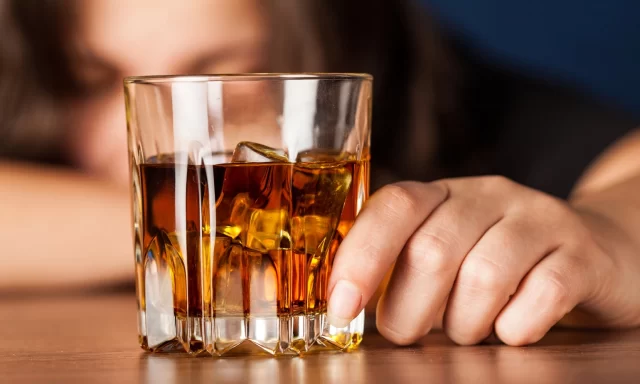Narcissists tend to be alcohol addicts, a recipe for disaster as it complicates the disorder even more. Narcissism and Addiction are common co-occurring conditions that need to be well understood to handle them right.
Defining Narcissistic Personality Disorders
It is possible for a narcissist to have or not have a narcissistic personality disorder. Mental health professionals can differentiate the two by observing several traits and symptoms deepening on the patient’s display.
The disorder is a complex mental health disorder that can be very difficult to treat. In most cases, it is exhibited by cold and emotional detachment from the host or victim. It is often characterized by the perpetrator not admitting that they are inflicting pain on you.
Symptoms of Narcissistic Personality Disorder (NPD)
- Concerned only with him or herself.
- Exploits other peoples’ weaknesses
- A grandiose sense of self, oversized ego, and sense of entitlement
- Unpredictable anger; and rage explosions
- Mood swings.
- Doesn’t take criticism well and lashes out when corrected.
- Does not admit blame for cruel behavior; do not apologize.
- Looks down on others, is boastful and arrogant
- Failure to feel compassion or empathy
- Manipulates others to achieve their objectives.
- Feels no guilt, remorse, or shame for their actions
- Wants to isolate the victim from family and friends
Some narcissists have very low self-esteem and are often driven by the need to be respected or revered, often motivated by a feeling or sense of self-loath. Inflated self-worth causes some to exaggerate their abilities and behaviors.
Narcissism traits with Addiction
Most of the symptoms of narcissism are shared even when they are struggling with Addiction. Most of the time, NPD patients use alcohol and drugs to self-medicate and mask emotions they don’t want to come to terms with.
Unfortunately, when NPD patients use alcohol, they develop a superiority complex that can be dangerous since they feel invincible and believe they have power over the rest of the people. The sad reality is that alcohol makes the symptoms of NPD cruel and more potent.
So, what is the Link?
When NPD patients abuse substances, especially alcohol, it tends to make some of the negative traits seem exaggerated. Alcohol tends to boost the behavior of devaluing others, a major symptom of NPD. It increases self-absorption and bloating egos at every sign of vulnerability.
Narcissists – Addiction Dual Diagnosis
Narcissists and addicts have a dual diagnosis because of a mental disorder co-occurring with substance use disorder. To treat this, there needs to be a combination of addiction treatment protocols and psychiatric interventions. Such programs require a professional mental health expert to take you through the different therapies and educate you. Some of the treatments follow the following paths:
Detox: Detox is essential as it gets rid of the substance before commencing the official treatment of overcoming Addiction.
Psychotherapy. Therapy sessions are essential because narcissists and Addiction are interlinked. It is, therefore, crucial that both disorders be `addressed despite their complexity.
Medication. Medication may be needed to help the patients deal with the situation. This means that you may need to be on antidepressants which professionals can only do.
Group sessions. These are sessions where patients with similar issues share their experiences, which helps improve them.
12-step program. Many treatment programs weave A.A.’s 12-step program into the schedule. Some centers also offer alternative programs, like SMART Recovery.
Classes. These are classes that help you cope with life even after recovery. Addicts are equipped to deal with the real world.
Holistic. These alternative remedies could help with the recovery, including yoga, therapy session, and mindful practices.
Regardless of the option that works for you, consider working with a seasoned facility to help you or your loved one deal with their battle. Call Skyward Treatment today for further consultation.








